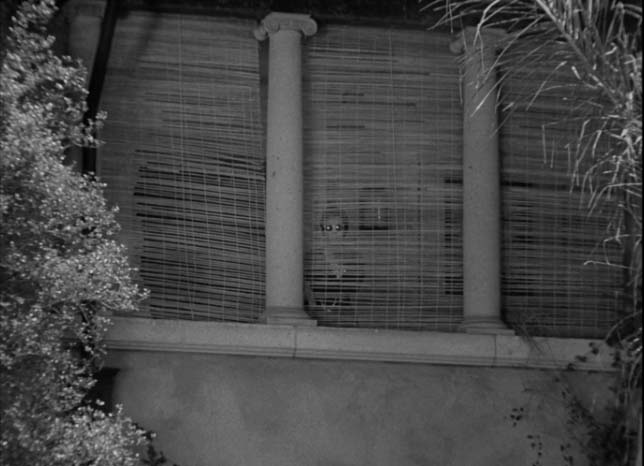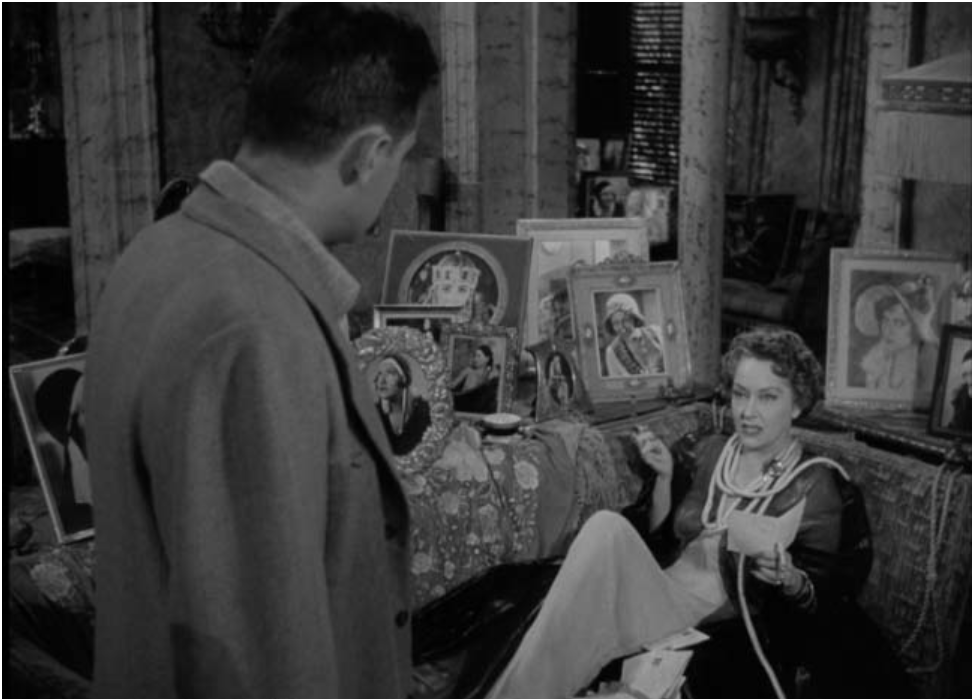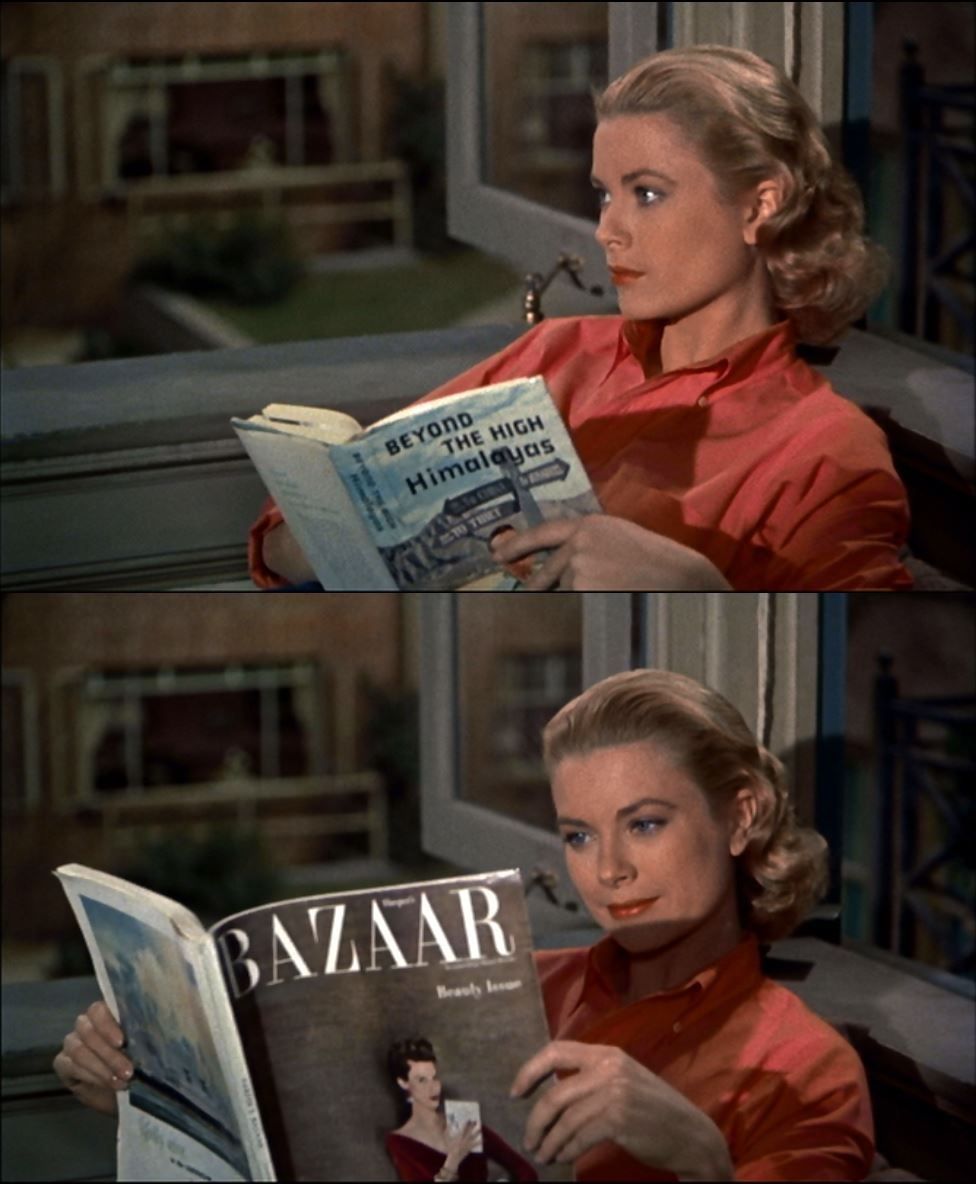Background
Montana 1948 is narrated by David Hayden, now a middle-aged history teacher, reflecting on the summer of 1948 that changed his entire life.
It begins with David noticing that his Native American babysitter, Marie Little Soldier is unwell. Gail and Wesley, David’s parents, attempt to enlist the help of Wesley’s brother Frank, a well-respected doctor in the community. However, Marie reacts to this idea with fear, anxiety and resistance. Gail concludes that something sinister must be happening for her to have such a reaction and she presses Marie for why she is so afraid. Marie then reveals to Gail that she has heard that Dr Frank has been sexually abusing many of his female Native American patients. Gail immediately confides in Wesley who is both the Sheriff of their town and Frank’s brother. This becomes the central source of tension, as Wes must decide between his duty as the Sheriff and his loyalty to his family.
This is all told from the perspective of David, our protagonist, who has to watch his father confront his Uncle Frank about these taboo accusations. Eventually, it seems they reach an agreement with Frank to stop the abuse.
Marie is discovered dead the next day in her bed when Gail goes to check up on her. Later that night, David admits to his parents that he saw Frank go into their home in the afternoon and immediately, Wesley concludes that Frank “is guilty as sin” for murdering Marie. As the Sheriff of the town, Wesley is obligated to arrest Frank, but in order to spare Frank the embarrassment, he keeps Frank in their basement instead of sending him to jail.
Upon hearing this news, David’s grandfather, Julian, orders Wesley to release Frank. Julian accuses Wesley of arresting him out of jealousy and he threatens to use his power within the community to set Frank free. At this point, Wesley realises that the power of his father would only be matched by the law, and he decides that he must officially prosecute his brother.
That next day, David, Wes and Gail wake up to find Frank dead, having used broken glass to slit his wrists and commit suicide. Young David believes that this was the right action and hopes that everything would go back to normal. But as the story goes, this is not the case.
Themes
Prejudice, discrimination and the abuse of power
Another key theme is prejudice, discrimination and the abuse of power. Frank’s abuse of the Native American women is both an abuse of his power and responsibilities as a Doctor and a way to take advantage of his personal belief in White “racial superiority.” Julian and Frank embody the toxic, violent and bigoted mentality prevalent during that time period, which Watson deplores as reprimandable and unacceptable. Even at the novel’s close, Frank’s death is symbolic in two ways. Firstly, it means that Frank managed to escape persecution, public denouncement and jail time. But more importantly, he is still revered in the community as a “respected man” and a “war hero. '' Therefore, while he physically passes away, his ‘legacy’ and façade of heroism remains alive.
Law vs Justice
One of the central themes of ‘Montana 1948’ is the conflict between abiding by the law and doing what is just. Due to the institutionalised racism that existed in the 1940’s, Frank’s actions were not considered technically illegal, however, by intuitive standards of morality, his rape of Natives in his practice and his subsequent murder of Marie clearly warrant punishment. Thus, Watson touches on the failures of the judicial system to consistently hand out judgements that are morally fair and instead reveals the flaws within the legal system of the time that reflect widespread and corrupt social attitudes.
Loyalty vs Morality
Watson also touches on the conflict between loyalty and morality. This, as we know, forms the crux of narrative’s tension. Should Wes arrest and prosecute his brother Frank or not? Should he stay loyal to his family or uphold the moral values that he must stand by as the towns Sheriff? Gail, David’s mother, embodies all the virtues of morality that we all stand by and she is appalled by Frank’s behaviour and demands that he be persecuted regardless of his relationship with Wes. In sharp contrast, Julian believes that Frank can be excused for his actions because the victims were merely “red meat” Native American women who he views as subhuman.
Characters
Gail:
Gail is David’s mother and Wesley’s wife. She is a compassionate, idealistic and courageous woman. This can also be seen as she stands up for Marie, despite the prejudices in the society at the time. She also spends a ‘good deal of energy’ protecting herself and her family. She also doesn’t take part in Wesley’s racist jokes. For example, when Wesley makes a joke about Marie, ‘never been to anyone but the tribal medicine man’, David responds with ‘my mother didn’t laugh.’
David:
David is Wesley and Gail’s son and is the narrator of the text. He doesn’t share Wesley’s beliefs surrounding race and forms his own moral perspective. This is demonstrated when he makes a fuss about wanting to wear moccasins (which Gail sides with him on) while his father says will make him ‘as flat-footed and lazy as an Indian.’
Unlike his father, we don’t see David conflicted with his loyalties and he is particularly critical of his father. This is best demonstrated when he ‘was beginning to already think of Uncle Frank as a criminal’ upon hearing sexual assault accusations against Frank. When Wesley spares Gail the details of his investigation into Frank, David believes it could be because he is ‘trying to protect his brother and keeping the number of witnesses to the accounts of his crime to a minimum’. After Wesley arrests Frank and takes him to the basement for imprisonment, David assumes his father killed Frank despite Wesley not being depicted as a particularly violent person in the novel. All it takes is an indistinct noise from the basement for David to conjure up ways his father could have killed his Uncle Frank.
Frank:
Frank is Wesley’s brother and is described as a ‘witty and charming’ doctor, and war hero who is widely loved by the community -particularly by his dad, Julian. In reality, Frank is a criminal who abuses his power - both a white man and a doctor to sexually assault Indian women - which he believes he can get away with. This is compounded when he states, “I am not concerned about social progress.” Through Frank, Watson demonstrates how some individuals can abuse their positions of power and privilege, and to not lose any sleep over it (‘at smiling ease with his life and everything it’).
Wesley:
Wesley is Julian’s son, Gail’s husband, and David’s father and the sheriff of Mercer county. He dislikes Native Americans and frequently makes jokes about them and stereotypes them. He even uses the fact that Marie Little Soldiers is a Native American to belittle and doubt the credibility of her experience.
Wesley’s conflicting loyalties become more complex and difficult once you consider the prejudices at the time, his job as an officer of the law, Frank’s station in the family and community, Gail’s strong opinions and his constant need to seek validation from his father. An instance that mirrors Wesley’s conflicting loyalties is when he tells Gail, “I wish you wouldn’t have told the sheriff.” When she told informed him of Marie’s sexual assault allegations against Frank. However, in Wesley’s eyes, Frank’s murder of Marie Little Soldier, is where the latter crosses the line. The magnitude of his brother’s crime is too large for him to let his previous conflicting loyalties as a sheriff and a brother hold him back from arresting Frank. After convicting Frank and having to argue about it with his father, we learned ‘for the first time how this experience with his brother was ruining him physically.’
Julian:
Julian is a bigoted racist man who has an unconditional love for his son Frank and unfairly favours him over his son Wesley. When he learns of Franks charges he exclaims, “What kind of bullshit is this?” He belittles the sexual assaults as Frank just ‘feeling them up’ and ‘assaulting an Indian’. At this point, Julian taking Frank’s side exposes how irrationally loyal he is to his son and suggests that even if the women were not Indian, he may still stand by Frank's actions. He protests that the only reason Wesley convicted Frank was that ‘ever since the war, ever since Frank came home in uniform and he [Wesley] stayed here [home],’ he’s ‘been jealous’. However, this comment seems to say more about Julian’s feelings than Wesley’s - perhaps, this is why Julain felt this inclination towards Frank. After this argument, we see Wesley’s feeling of defeat and heartbreak - that despite Frank being a murderer and a rapist, his father still seemed to pick his side over Wesley’s.
Quotes
Quotes on Prejudices, Discrimination and the Abuse of Power
- “He wears those and soon he'll be as flat-footed and lazy as an Indian" - Discrimination is evident in Montana 1948 where Wesley uses stereotypes of Indians to imply they are inferior to them, and that David shouldn’t be like them.
- "She's an Indian- Why would she tell the truth?”
- “Your mother and I thought we’d have more to show than just one grandchild … and white- we want them we want them white”
- “Screwing an Indian. Or feeling her up or whatever. You don’t lock up a man for that.”
- “You know Frank’s always been partial to red meat.”
- “Well if Sheriff Hayden says it's so, it must be so.”
- “Wesley, your brother is raping these women. These girls. These Indian girls.”
Quotes on Law vs Justice
- “Why did my grandfather first run for sheriff? … He wanted, he needed power. He was a dominating man who drew sustenance and strength from controlling others.” This quote shows that many people in society at the time held positions of power such as lawyers or sheriff but didn’t enforce the law or worry about the morality of their actions. Thus creating an unjust legal system that would allow these people to shape how the law is enforced with their own prejudices.
- “You know what your Grandad said it means to be a peace officer in Montana? He said it means knowing when to look and when to look away.”
- “I think the problem has been taken care of. Frank said he’s going to cut it out”
- “Well if Sheriff Hayden says it's so, it must be so.”
Quotes on Loyalty vs Morality
- "David, I believe that in this world people must pay for their crimes. It doesn't matter who you are or who your relations are; if you do wrong, you pay. I believe that. I have to."
- “I wish you wouldn’t have told the sheriff.”
- “I think the problem has been taken care of. Frank said he’s going to cut it out”
- “Well if Sheriff Hayden says it's so, it must be so.”
- “You don’t lock up your brother. A respected man. A war hero.” “This is a legal matter.” “Bullsh*t.” “Then why have you got him locked up here and not over at the jail? This is your brother here. My son!”
Quotes on Destruction of Innocence
- 'I had gone back into the house -to the kitchen, to my room, out the backdoor, I had left the porch and followed frank's steps down the front walk - I never would have heard the conversation between my father and mother, and perhaps I would have lived my life with an illusion about my family and perhaps the human community’ - page 33
- “The shock of hearing this about Uncle Frank was doubled because my mother was saying these words. Rape. Breasts. Penis. These were words I never heard my mother use-ever- and I’m sure her stammer was not only from emotion but also from the strain on her vocabulary.”
- “But I was on a trail that would lead me out of my childhood.”
With contributions from Fae Saberi.
























.jpg)